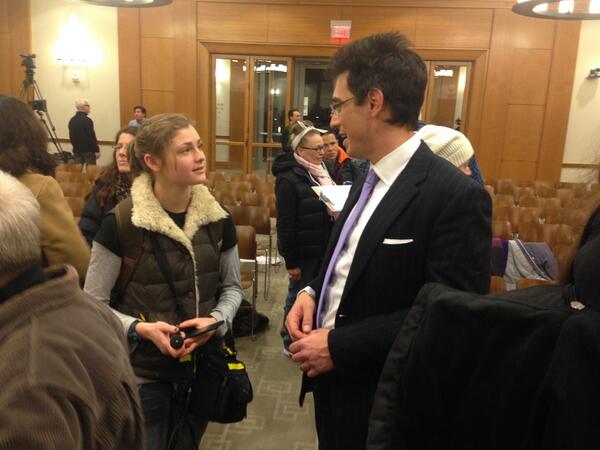Thank you all for your calls and the tremendous outpouring on Wednesday, June 18. We heard that at the State House, they had to set up special call centers to handle the tremendous volume. But, as most of you know, H.4184 was passed in the House. Over the next few days, we will know more if the Senate plans to amend H.4184, leave it the same, or if we will have opportunities to promote a much better bill. But we know we do not want H.4184!
THIS ACT CONCERNS JUVENILE SENTENCING AND PAROLE SETBACKS FOR ALL LIFERS (Please see the post below). H.4184 would thwart the Massachusetts Supreme Judicial Court’s ruling that sentencing children to life in prison violates the Massachusetts Declaration of Rights. The bill would require that a juvenile convicted of murder (other than “felony-murder”) serve a minimum of 25 years before becoming eligible for consideration for parole; juveniles convicted of felony murder would serve a minimum of 20 years. This bill would result in de-facto life sentences for young people.
Also, H.4184 bill would allow the Parole Board to impose a 10-year wait – double the current 5-year setback – before an individual who has been denied parole can go before the board again. THIS UNPRECEDENTED TEN YEAR SETBACK APPLIES TO ALL PERSONS SERVING LIFE SENTENCES – THOSE SENTENCED AS ADULTS AS WELL AS THOSE SENTENCED AS JUVENILES.
We ask you to CONTACT YOUR OWN SENATOR https://bitly.com/yourMAlegislators at the State House or in their district offices AND MAKE AT LEAST THREE OTHER CALLS, with this message
WE WANT 15/5 and WE OPPOSE H.4184:
*1. Youth should have an initial opportunity to seek parole no later than *15 YEARS* into their sentence.
*2. Everyone should be eligible for further parole hearings, if needed, no later than every *5 YEARS*. Remember to stress that eligibility does not guarantee parole. It only guarantees an opportunity, i.e. a hearing.
CALL
Senate Judiciary Chair, William Brownsberger (D., Belmont): 617-722-1280, William.Brownsberger@masenate.gov
Senate Chair of Ways & Means, Stephen Brewer (D. Barre): 617-722-1540, Stephen.Brewer@masenate.gov
Senate President Therese Murray (D. Plymouth): 617-722-1500, Therese.Murray@masenate.gov
Majority Leader Stanley C. Rosenberg (D. Amherst): 617-722-1532, Stan.Rosenberg@masenate.gov
A senate vote on this bill could occur soon. We have seen many times that the calls of concerned citizens can make a real difference in the legislative process, so we hope many of you will be willing to CALL to urge Senate leadership to reject these extreme sentencing provisions. There will be more info as we hear about it but for now TIME IS RUNNING SHORT, SO PLEASE CALL IMMEDIATELY.


